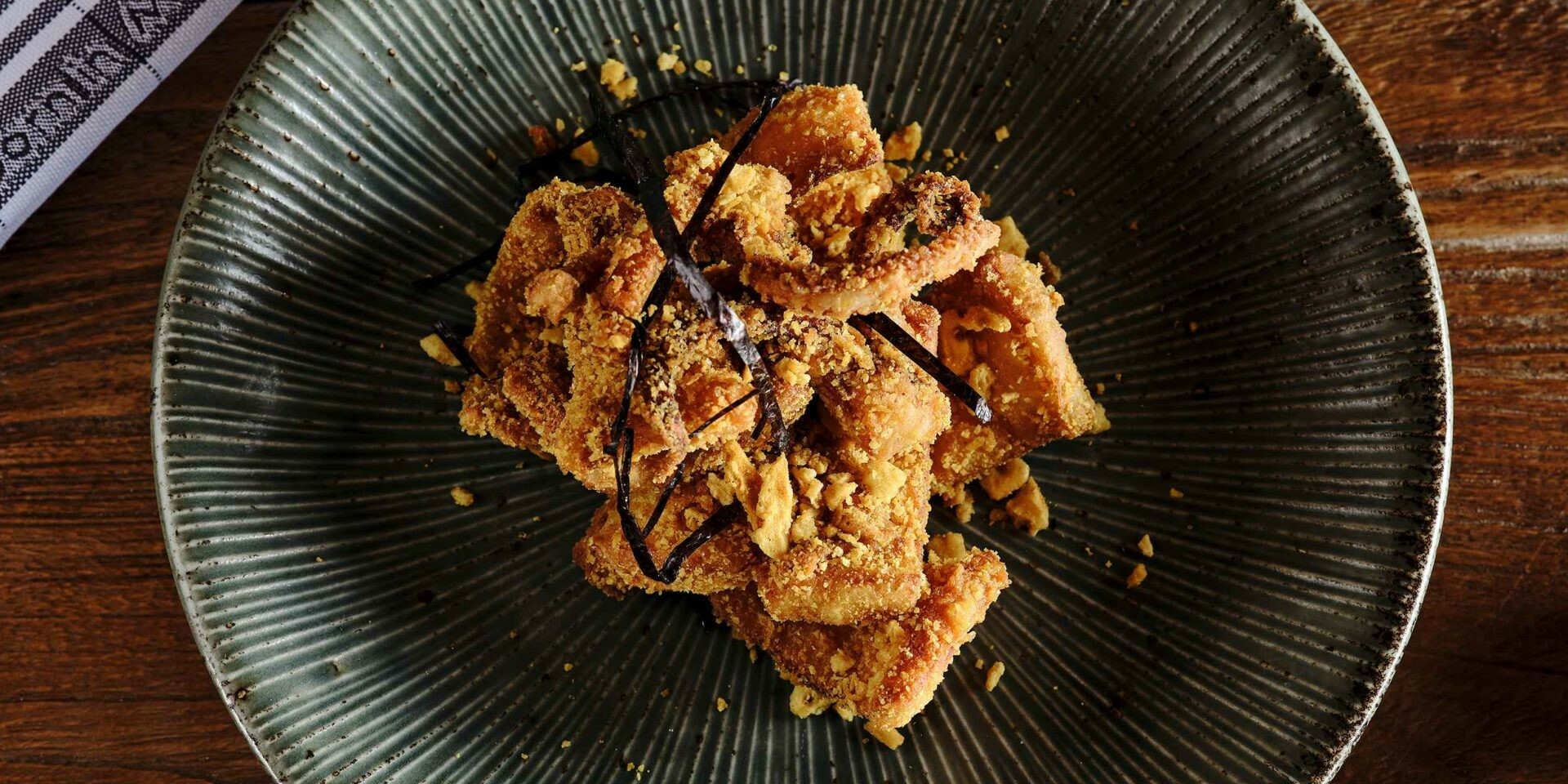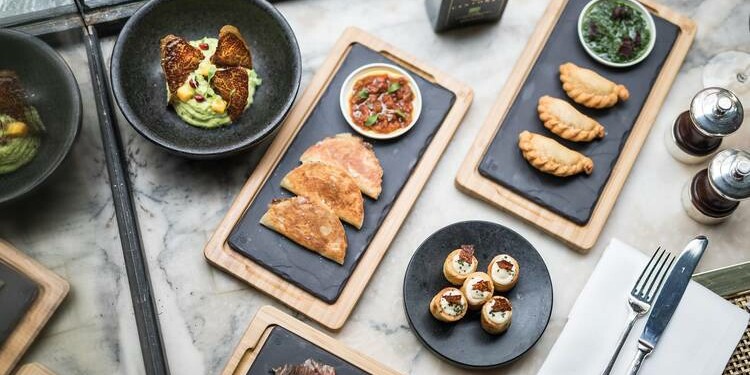New Financing Strategies for Modern Culinary Concepts
Restaurateurs are turning to innovative business models to fund their projects. Food trucks, for example, require lower initial investments and offer increased flexibility, allowing entrepreneurs to test new culinary concepts with reduced financial risk.
Similarly, dark kitchens—kitchens dedicated exclusively to delivery—reduce the costs associated with running a traditional dining space while meeting the growing demand for home delivery. These models allow entrepreneurs to enter the market with lower investments while offering the flexibility to experiment and quickly adapt their offerings based on customer feedback.
What About Fundraising?
Fundraising in the restaurant sector is experiencing unprecedented momentum in 2025, reflecting major trends that are redefining investment strategies and business models in the industry.
Recent initiatives from groups such as Big Mamma and Moma Group illustrate this shift towards innovative, high-end dining concepts that are rapidly expanding.

International Expansion and Strategic Partnerships
High-end restaurant groups are seeking to expand beyond national borders, attracting significant investor interest. Founded in 1997 by Benjamin Patou, Moma Group is known for its iconic establishments such as Lapérouse, Le Boeuf sur le Toit, Mimosa, and Noto.
In November 2023, the group announced the entry of Butler Industries, led by businessman Walter Butler, as a significant minority shareholder. This strategic partnership aims to accelerate Moma Group’s growth, with the goal of opening more than 30 new establishments by 2025, particularly in the United States, the Middle East, and major European capitals.

Notable Fundraising Efforts
Several key players in the industry have recently completed significant fundraising rounds to accelerate their growth. For example, the French brand BChef has secured an initial funding tranche of €2.5 million from the FPCI Food Invest II fund. This investment aims to strengthen the company’s operations, develop a new version of its concept, and acquire several flagship locations in a drive-thru format.
The restaurant industry is evolving rapidly, adopting new strategies and financial models to support modern culinary concepts. Entrepreneurs are exploring innovative approaches to ensure the viability and growth of their businesses.




